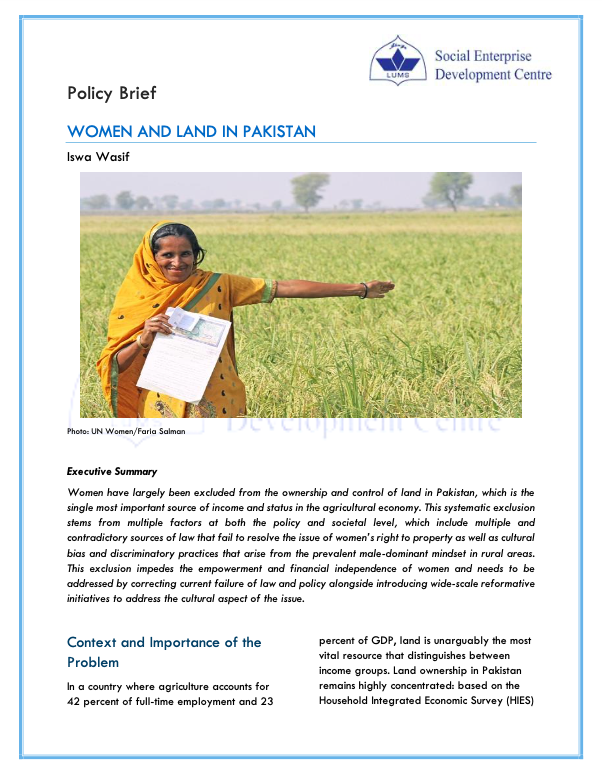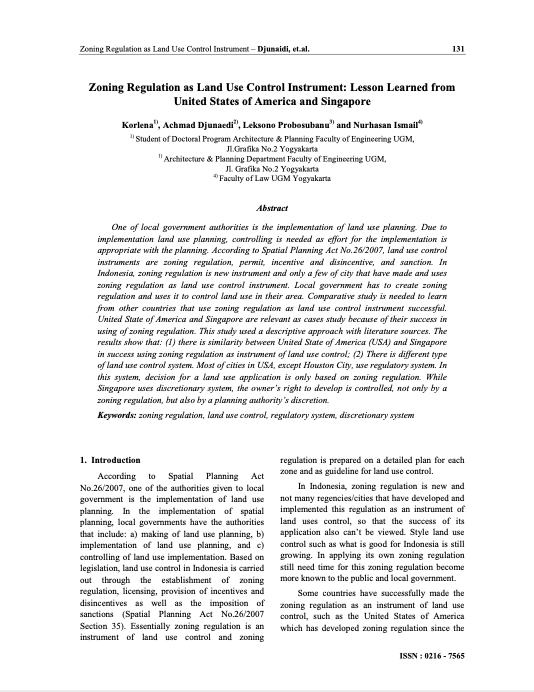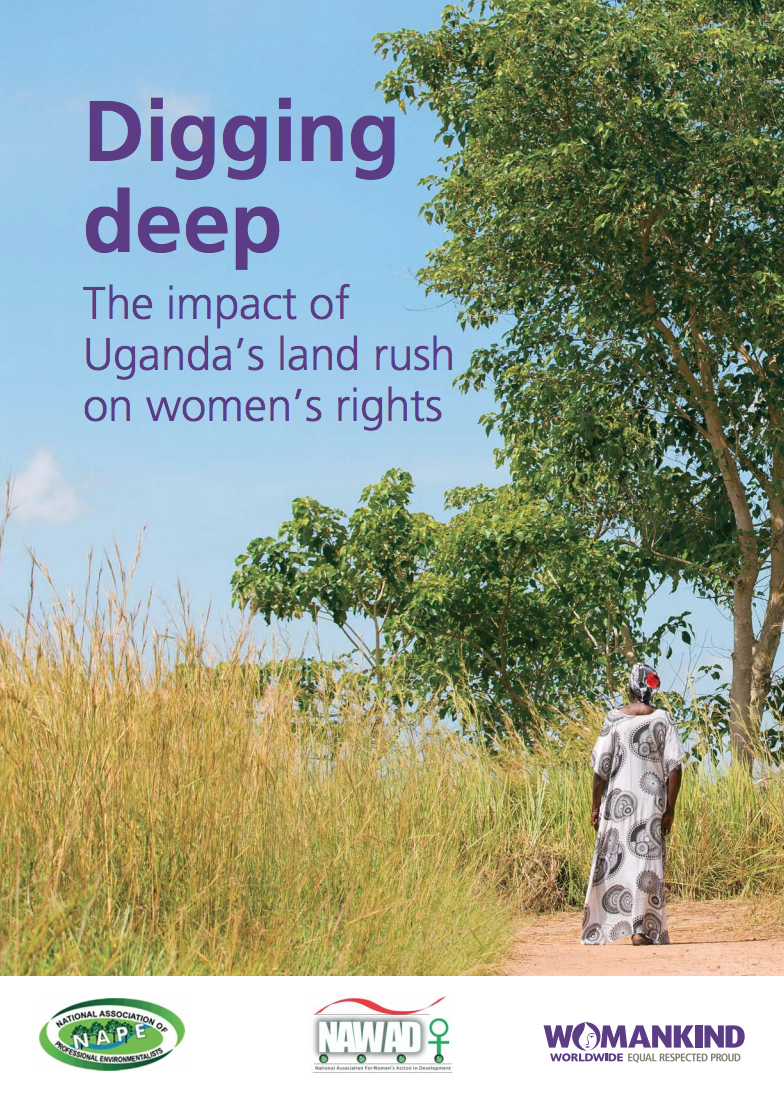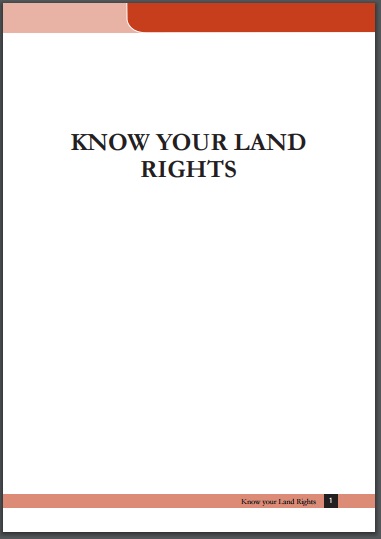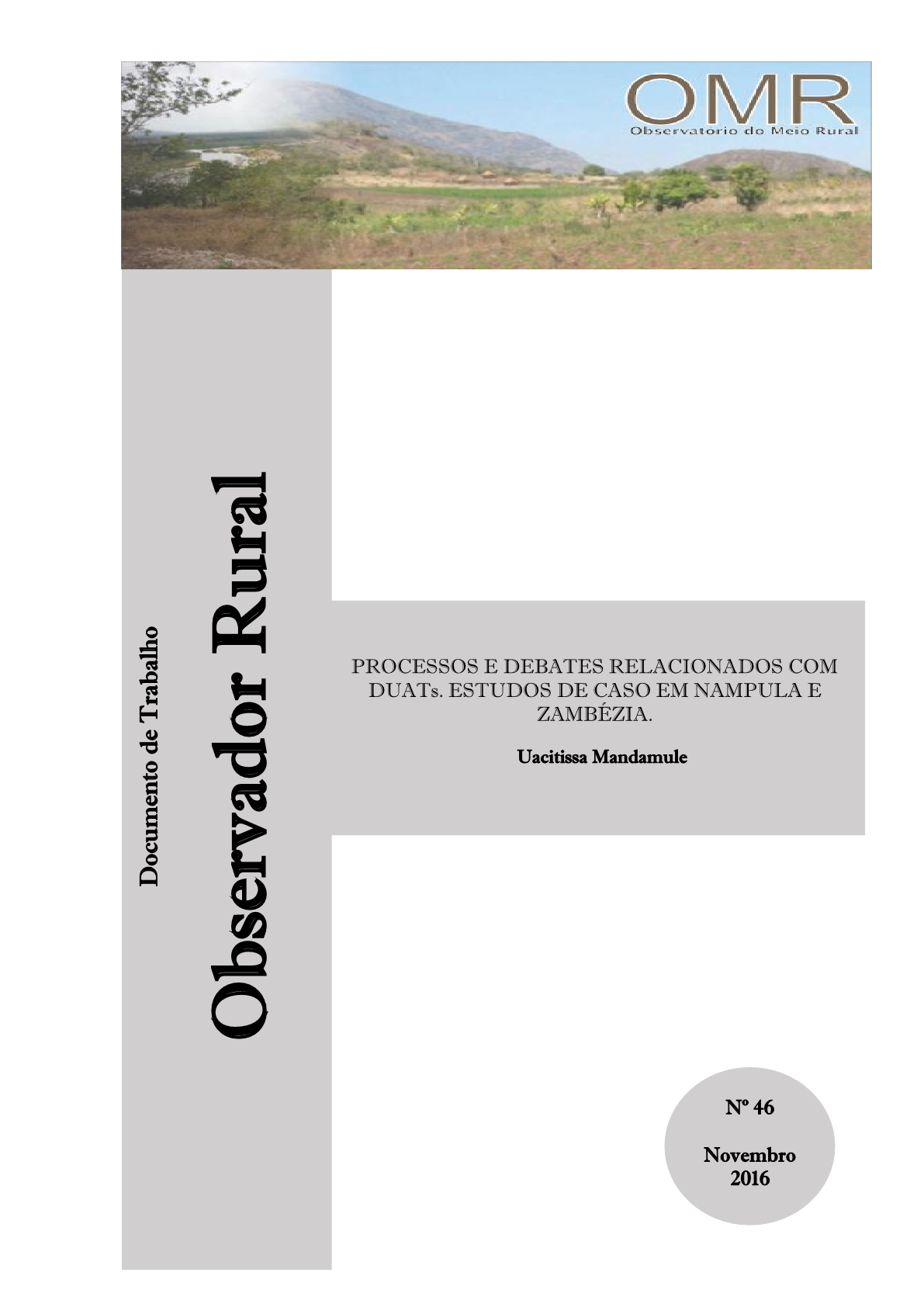Designing a Legal Regime to Capture Capital Gains Tax on Indirect Transfers of Mineral and Petroleum Rights: A Practical Guide
This guidance paper focuses on issues that the governments of developing countries may wish to consider if they adopt a policy to tax such transfers. In doing so, it examines and provides the language of the legislative and regulatory provisions employed by countries that have adopted such a policy to tax, and comments on the pros and cons of these provisions.

